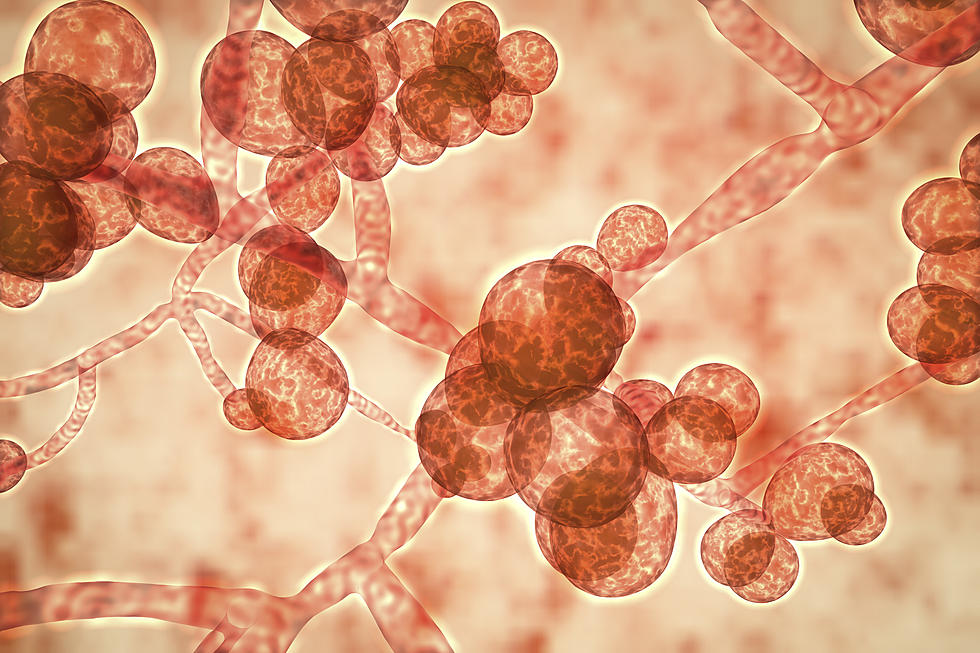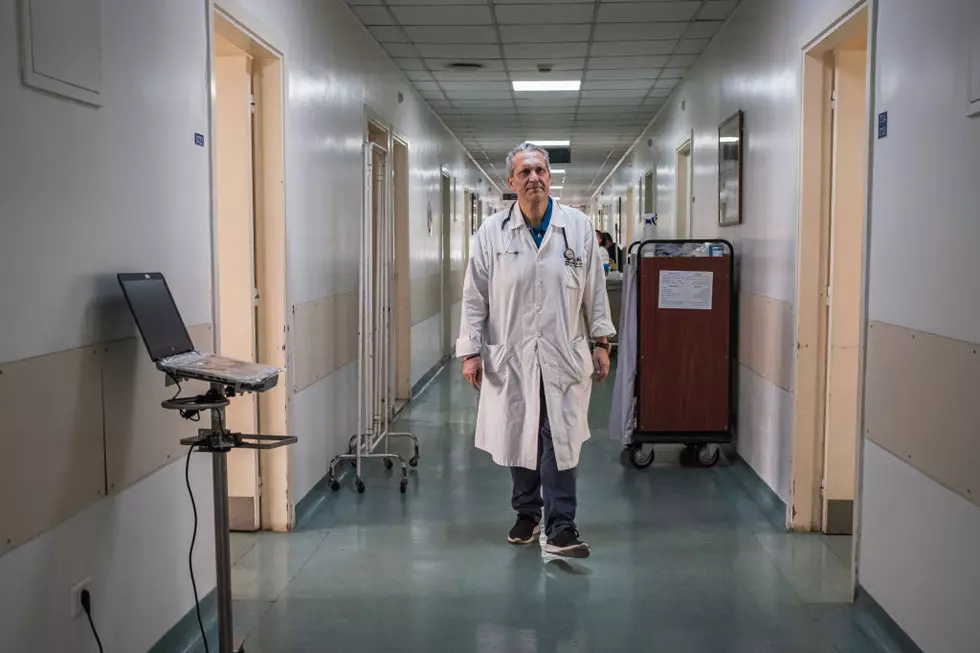
Would You Take The COVID-19 Vaccine?
It's hard to do anything these days without hearing about the COVID-19 vaccine. Check out how people feel about the vaccine and if they'd take it.
It's official! The COVID-19 vaccine is now available to the public and people are feeling some way about it. I decided to hit up our listeners to ask their thoughts. So many people feel like they don't want to get the vaccine and others felt they'd take it.
When asked on Instagram, the majority of people were not for the vaccine. To see if the answers would differ, we even created a poll and the results showed about the same. According to the poll, 70% of people would not take the COVID-19 vaccine.
When asked on our Instagram TL, people who didn't want the vaccine gave similar answers. They don't trust it.
When asked if they would take the vaccine, Dorothy said, "No you don't know the side effects or nothing. I have seen some research l am still not sure about getting it."
I commend her for looking up the research on the vaccine unlike a lot of other people. I've come in contact with people online who refuse to even look at the research and will not take the vaccine.
The speed at which the vaccine was created has been a reason for some to not want the vaccine. There may be a valid reason for how fast it was pushed through and made available to the public. According to Reuters, there has been a huge global effort to pool resources in order to accelerate the development and production of the COVID-19 vaccine
Overall, I think the majority of people don't want t take the vaccine because, in our community, we haven't had a pleasant experience with vaccines and the health care system in the past. One of the significant occurrences that caused mistrust is the Tuskegee Experiment. The actual experiment was held here in Alabama on the campus of Tuskegee University, then called The Tuskegee Institute.
According to Tuskegee.Edu, the intent of the study was to record the natural history of syphilis in Blacks. The study was called the "Tuskegee Study of Untreated Syphilis in the Negro Male." When the study was initiated there were no proven treatments for the disease. Researchers told the men participating in the study that they were to be treated for "bad blood." This term was used locally by people to describe a host of diagnosable ailments including but not limited to anemia, fatigue, and syphilis.

6 Songs You Will Hear At Any HBCU
More From 105.1 The Block









